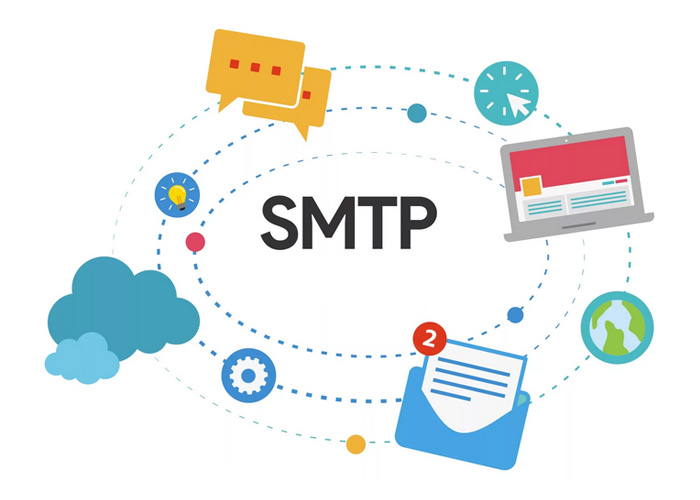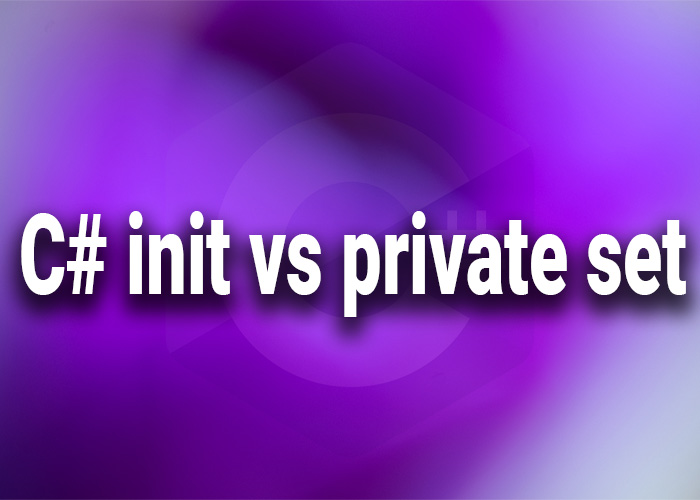Interview Questions on Anonymous Methods in C#Anonymous methods in C# provide a way to define methods inline without giving them a name. They are particularly useful when you want to define a delegate quickly without having to create a separate method. As a part of C# interviews, understanding anonymous methods is important, especially when discussing delegates, lambda expressions, and event handling. Here are some key interview questions on anonymous methods in C# that can help you prepare for your programming interviews.
1. What is an Anonymous Method in C#?
Answer: An anonymous method in C# is a method without a name, defined using the delegate keyword. It can be assigned to a delegate type and can access outer variables with closures. Anonymous methods are useful for creating simple delegate instances directly in the place where they are invoked or passed as parameters.
2. How do you define an Anonymous Method in C#?
Answer: An anonymous method is defined using the delegate keyword followed by a parameter list, an arrow token, and a method body. Here’s an example:
delegate(int x) { Console.WriteLine($"The value is {x}"); };This defines an anonymous method that takes one integer parameter and prints it to the console.
3. What are the advantages of using Anonymous Methods?
Answer: Anonymous methods reduce the amount of code needed for delegate creation, making the code cleaner and easier to read. They enable you to define a delegate implementation right at the place of its usage. They also capture local variables and parameters from the containing scope, providing a form of closure on those variables.
4. Can Anonymous Methods access variables from the outer scope? If yes, how?
Answer: Yes, anonymous methods can access and modify variables from the enclosing scope where the anonymous method is defined. These are captured as references, allowing the anonymous method to modify the original variables. This feature is known as closures in C#.
5. What is the difference between Lambda Expressions and Anonymous Methods?
Answer: Both lambda expressions and anonymous methods allow you to create inline methods. However, lambda expressions are more concise and flexible. They use the lambda operator =>, which makes them shorter and generally easier to read than anonymous methods. Lambda expressions can also be used to create expression trees, which represent code as data. Anonymous methods are older syntax but are still useful for their readability when handling events or when a method body requires multiple statements.
6. How can Anonymous Methods be used with events?
Answer: Anonymous methods are often used to subscribe to events without the need to define a separate event handler method. This can make the event subscription code more concise and localized, as it allows the handler to be defined at the point of subscription. Here is an example:
button.Click += delegate(object sender, EventArgs e) {
MessageBox.Show("Button clicked!");
};
This subscribes to a button’s click event using an anonymous method to show a message box.
7. What are the limitations of Anonymous Methods?
Answer: One limitation of anonymous methods is that they cannot be used to define methods that take ref or out parameters. They also cannot be used to create methods that are part of an interface or to override methods from a base class. Additionally, because of their nature, debugging can be more complex compared to named methods.
Conclusion
Understanding anonymous methods in C# is essential for effectively writing concise and readable delegate handling code. These interview questions cover the basic concepts, usage, and distinctions of anonymous methods, preparing you for related discussions in technical interviews.





